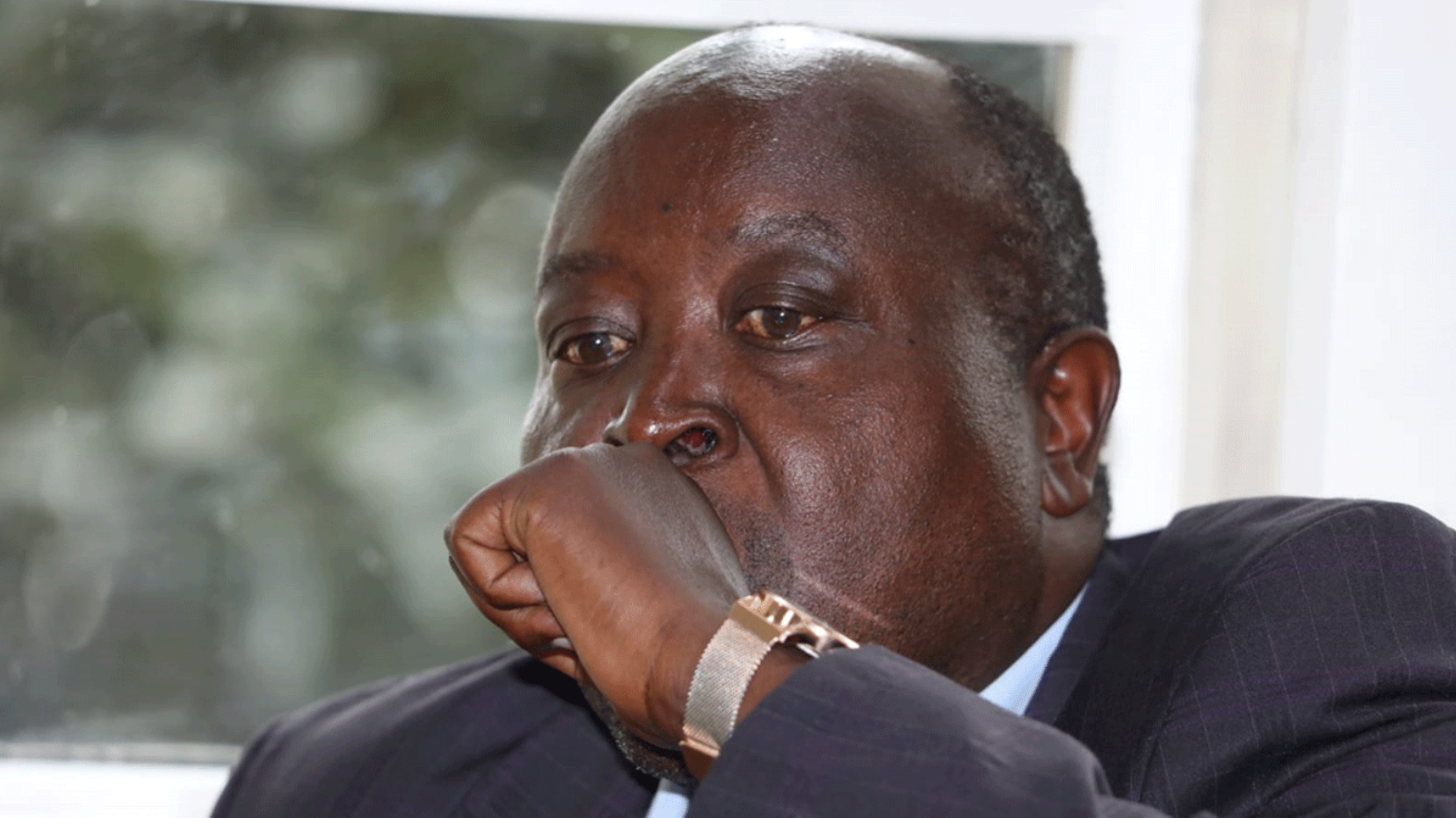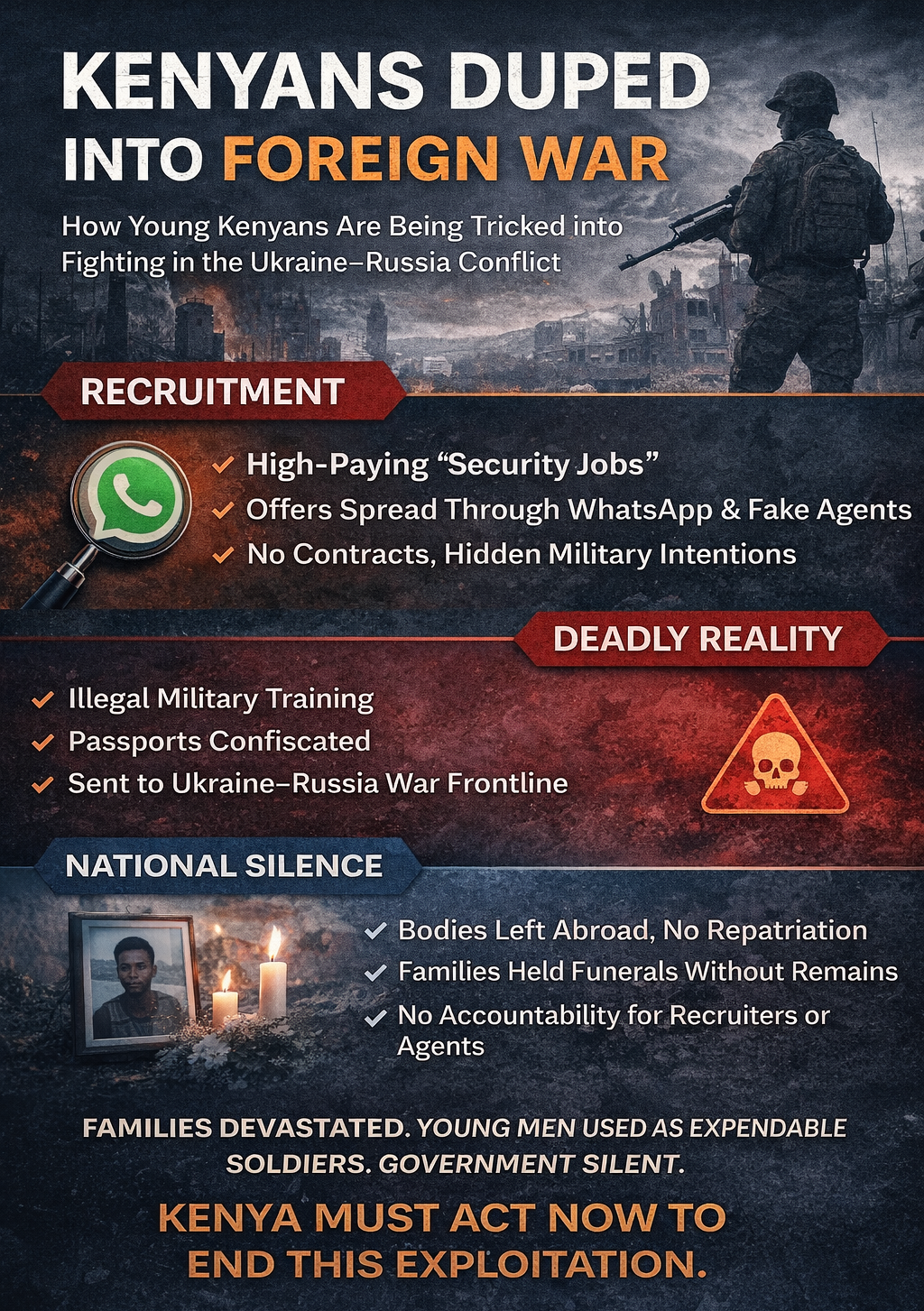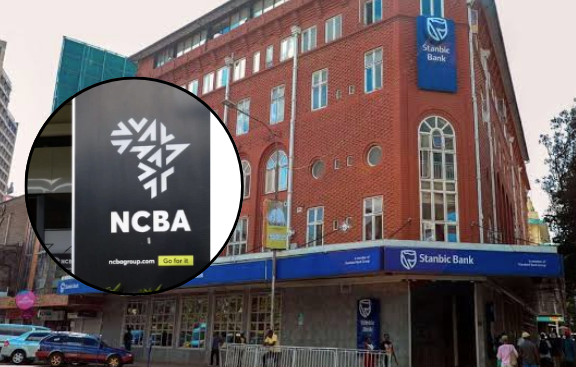Kenyans applying for UK visas have been left outraged and financially wounded after the British government confirmed it will not refund fees for rejected visa applications.
Despite public outcry and accusations of exploitation, the UK stands firm on its no-refund policy for rejected visa applicants. Many say it’s a cruel and cash-driven system that ignores the plight of genuine travellers.
As complaints about the outsourced visa centre in Nairobi mount, more Kenyans are calling on the UK to overhaul what they see as a broken and discriminatory process.

UK Defends No-Refund Policy For Rejected Visa Applicants
The British government has confirmed that Kenyans whose visa applications are rejected will not receive refunds, regardless of the reasons for denial. The announcement, made by UK Deputy High Commissioner to Kenya Dr. Ed Barnett, has triggered anger and disappointment across the country.
“There is no plan at present to provide full or partial refunds when visa applications are rejected,” Barnett said during a recent interview with NTV.
This firm stance comes amid growing allegations that the UK’s visa processing system in Kenya is flawed and exploitative. Critics argue that while the UK reaps millions from visa fees, thousands of hopeful applicants are left empty-handed, confused, and with no right of appeal or reimbursement.
The cost of a standard UK visa currently stands at Ksh22,000 (£127). For long-term visas, the charges soar up to Ksh187,538 (£1,059). These fees are non-refundable, even when the visa is denied on unclear or inconsistent grounds.
Applicants Blame UK and Its Visa Centre for Exploitation
Many Kenyans have shared painful experiences of applying for UK visas—only to be rejected and lose huge sums of money in the process. Even worse, the firm contracted to handle visa applications in Nairobi has come under fire for allegedly exploiting applicants.
Some accuse the centre of humiliating elderly applicants and vulnerable individuals by forcing them to wait outside in the scorching sun due to limited indoor space—unless they pay an extra Ksh17,000 for VIP services. These “premium” services include faster processing and air-conditioned rooms.
“The situation was humiliating,” said one applicant. “Those who couldn’t afford VIP fees were treated like second-class citizens. Even the elderly were left standing for hours.”
Beyond the extra charges, others complained of poor communication, a lack of transparency in the decision-making process, and rejection letters filled with vague or legalistic language. Many say they were not clearly told why their applications were rejected, leaving them without a path forward or a chance to correct mistakes.
Dr. Barnett acknowledged the complaints and promised improvements. “We are working to simplify the language used in rejection letters so applicants can understand clearly what went wrong,” he said. He also noted plans to improve communication and ensure applicants receive all necessary information before submitting their paperwork.
Critics Say No-Refund Policy For Rejected Visa Applicants is Unfair and Abusive
Despite the UK’s promise to make the system “more efficient,” the no-refund policy for rejected visa applicants remains the most controversial issue.
Applicants and rights groups say the policy is exploitative, especially for low-income Kenyans who spend months or years saving up for visa fees. When applications are rejected—often due to minor mistakes or insufficient documentation—they lose everything.
Barnett said most rejections are due to applicants failing to provide enough proof of employment, income, or ties to Kenya. However, critics argue that the burden of proof is often unrealistic and inconsistent, leaving too much discretion in the hands of immigration officers.
Immigration experts warn that the UK’s rigid policy could damage its global image, especially in Africa, where many people already view the system as hostile and unwelcoming.
“This isn’t about border control anymore,” said a Nairobi-based immigration consultant. “It’s about making money from the hopes of young people, students, and families trying to better their lives.”
Other countries like Canada, Germany, and Australia have more flexible or partially refundable visa systems. Some even provide detailed feedback and the option to appeal or resubmit without paying again.
The UK, however, insists that visa fees are used to cover processing costs—regardless of the outcome. But with rejection rates high and complaints rising, many see that as an excuse to run an immigration system that benefits from failure.
Social media has become a loud battleground for rejected applicants demanding answers. Hashtags like #UKVisaScam and #RefundOurFees have trended in Kenya as applicants share their experiences of financial loss and emotional distress.
Pressure Mounts for Visa Policy Reform
As the backlash grows, calls for reform are growing louder. Rights groups, lawyers, and students’ unions are urging the UK government to review its no-refund policy for rejected visa applicants, especially for students, elderly applicants, and low-income individuals.
They demand that at minimum, applicants who are rejected due to technicalities or administrative delays be offered partial refunds or the ability to reapply without paying again.
Until then, many Kenyans say they will look elsewhere for education, work, and travel opportunities. “The UK has shut its doors and taken our money,” one applicant said. “We’ll take our dreams where we’re treated with respect.”








































